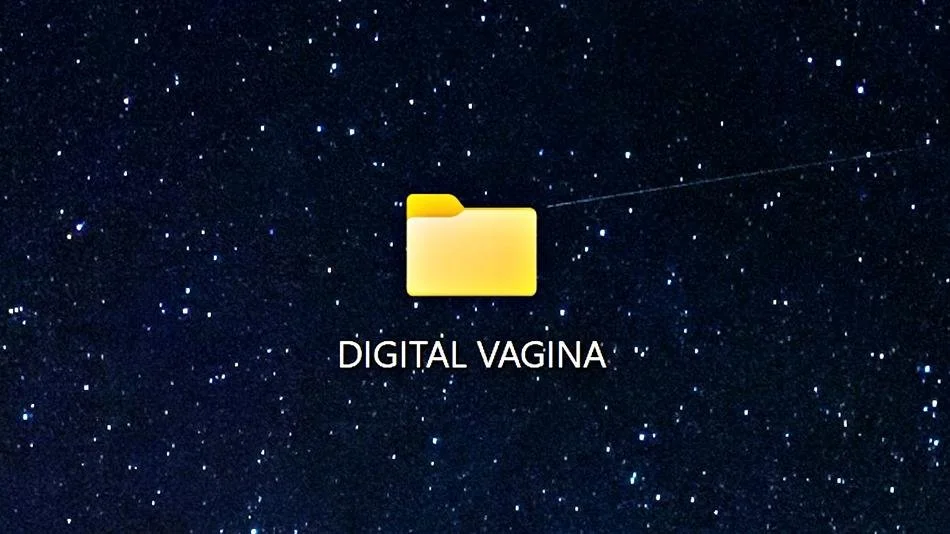Manas: Resisting the Amazon’s Invisible Cycle of Abuse
Doc Weekly writer Omar Koshin was at this year’s edition of Movies That Matter to catch the Dutch premiere of Manas by Marianna Brennand, selected for the Grand Jury Fiction award.
Marianna Brennand’s Manas opens not on the Amazon of eco-tourism brochures, but on a lived-in landscape where survival is etched into the soil. This is a world of riverine communities existing on the periphery of Brazilian society: geographically isolated, abandoned by the state, and governed by patriarchal systems that trap women in cycles of violence. The film humanises a community too often flattened into environmental statistics or romanticised as passive custodians of nature. Brennand challenges viewers to see Tielle and the other women she films as individuals navigating universal oppression within a specific, unforgiving context.
Marking a career genre-shift, Manas is Marianna Brennand’s first fiction feature. Developed from a decade of research into child sexual abuse in the Amazon, this was a real story she knew she could only be told through fiction. Beyond overcoming the ethical implications of asking a child to recount trauma, fiction allowed her to fashion a deep, delicate bond between the audience and her main character. Shot in documentary style, she wants her audience to know that this isn't fiction, it’s life itself (Cineuropa).
Visually, Manas contrasts the Amazon’s expansive beauty with the claustrophobic interiors where abuse unfolds. The camera lingers on faces — trembling lips, averted eyes — to capture the suffocating intimacy of oppression. The river becomes a paradox: both a path to freedom and a current that binds, symbolising the tension between escape and inherited trauma. A bittersweet citizenship campaign scene deepens this contrast. Villagers are photographed for ID cards in a hollow performance of inclusion. For Tielle, the ID card, like the river, carries the promise of escape. It is a fragile assertion of agency within a system that otherwise renders her invisible.
At the story’s heart is Tielle, a 13-year-old girl whose hope hinges on her older sister’s escape from the village. To Tielle, this departure symbolises freedom: a life beyond her family’s oppressive grip. But her idealism collides with reality when her father’s sexual abuse forces her to flee to a brothel boat. This is not surrender but a calculated bid for agency. With her earnings, she buys a hammock to avoid sharing a bed with her abuser, a heartbreaking act of defiance. Brennand refuses to frame Tielle’s choice as mere victimisation or moral failure. Instead, it’s a pragmatic rebellion, a claim to dignity in a world of systemic neglect.
The scene when a police raid the boat and identify Tielle, is an abrupt and jarring choreography that momentarily breaks the documentary spell. Authorities return her to a family friend, and her father reclaims her without resistance. Though the sequence flirts with saviour tropes, Brennand subverts them, exposing the hollowness of state protection.
Manas resists easy answers. The film reveals Tielle’s mother as another casualty of the system—her seeming acceptance of abuse less a choice than a tragic adaptation to inescapable violence. Yet Tielle represents a generational shift. Her fight to protect her sister and seize fragile autonomy defies her mother’s fate.
Neither comfortable nor easy to watch, Manas is an urgent testament to resilience. Brennand offers no redemption arcs, only a searing portrait of women’s collective refusal to inherit silence. By centring their humanity, Manas becomes not just a portrait of oppression, but a testament to the quiet, unyielding strength of those who refuse to be erased. Manas premiered at the 81st Venice International Film Festival in the Giornate degli Autori section, where it won the Director’s Award. Jamilli Correa, in her breakout role as Tielle, delivers a performance that is raw, courageous, and unforgettable.
Manas premiered at the 81st Venice International Film Festival in the Giornate degli Autori section, where it won the Director’s Award. Jamilli Correa, in her breakout role as Tielle, delivers a performance that is raw, courageous, and unforgettable.
Manas is produced by Inquietude Filmes.









